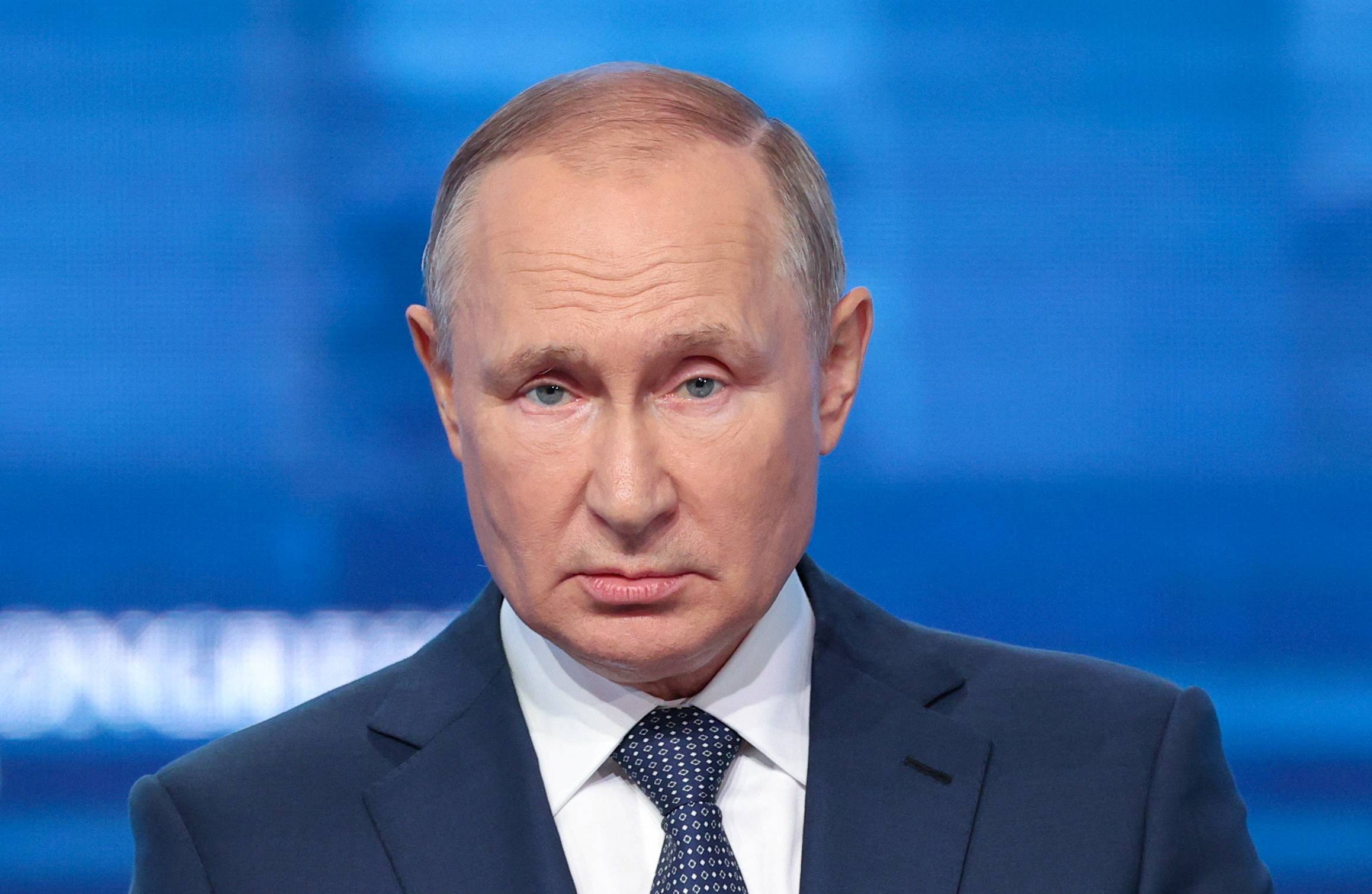Wheat futures have climbed as much as 6.9% after Russian President Vladimir Putin criticized a recent grain deal with Ukraine, heightening attention on the sales outlook from the Black Sea region.
The grain shipment corridor from Ukraine is not helping poorer countries, as the majority of supplies are going to Europe, Putin said during the Vladivostok Economic Forum. It may be worth discussing restrictions on the routes with Turkish President Recep Tayyip Erdogan, he added.
The export deal, forged in July, was brokered by Turkey and the United Nations. It’s valid for an initial 120 days, and markets remain sensitive to any signals from politicians on its future. Ukraine is one of the world’s top crop shippers, and the resumption of flows from its Black Sea ports has helped ease global grain costs — though much hinges on whether the pace holds.



















With your current subscription plan you can comment on stories. However, before writing your first comment, please create a display name in the Profile section of your subscriber account page.